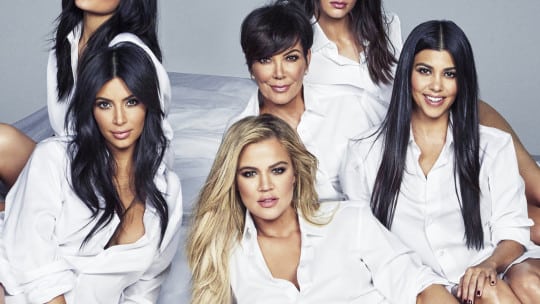

It’s hard to believe we’re at the end of 2019, let alone an entire decade. PR has advanced light years from what was called social media strategy in 2010. Back then, Facebook reigned as the top platform, featuring a video of the Old Spice guy. Twitter took off when people realized the power of its connection during the BP oil spill and Haiti earthquake.
At the start of the decade we also witnessed the birth of social media’s monetization. Ten years later some platforms acknowledge the need to pull back on controversial buyers.
To get you ready for the next decade of social, we offer a brief update on platform changes and a review of the Federal Trade Commission’s re-release of influencer guidelines.
Contrary to some critics, influencers are not going anywhere, at least not in 2020. This makes it important for brands to review strategies and make sure all is up to code.
FTC Re-releases Influencer Guidelines
Last month’s FTC re-release of its influencer guidelines seems tailored for a social audience. In addition to an online guidebook, a concise video describes in plain language what previously was laden with legal terminology. [See the guide and video at the PRNEWS subscriber resources page.]
Michael Atleson, an attorney in the FTC’s division of advertising practices, said influencers should know the rules, but ultimately brands are responsible for social content.
“Generally speaking, a company is ultimately responsible for what others do on its behalf; it can’t delegate that responsibility away,” Atleson told PRNEWS. “Thus, if brands are going to use influencers, they need to have reasonable training, monitoring, and compliance programs in place.”
For attorney Allison Fitzpatrick, a partner at Davis & Gilbert LLP, one takeaway from the re-release is “that eliminating deception in the online marketplace...will continue to be a top FTC priority in 2020.”
No doubt 2020 is going to be a big year on social media. It’s the beginning of a new decade, but also a year of an impactful U.S. election. Every election during this millennium has left an historic mark on social.
In 2008, Barack Obama raised a record-setting $750 million, according to The New York Times. Much of it came from small contributions received via the internet.
Facebook’s reputation, though not its revenue, continues to suffer from accusations and missteps made during the 2016 election. It allowed Russian trolls to create smear content that millions of Americans saw in their feeds.
That said, social platforms are looking to avoid similar issues in 2020. Twitter brazenly took the lead with a ban on political ads for 2020, foregoing substantial revenue. Facebook may follow suit.
Brands and Influencers Beware
- Always disclose your relationship with the brand
- Broadcast the partnership early in the message, not in your profile or a hashtag
- Label posts as “Ad” or “Sponsored” in the description
- Influencers can’t talk about their experience with a product they have not tried
- Influencers can’t make positive statements about a product they think is terrible
Source: FTC, www.ftc.gov/endorsements
Controlling the Conversation
Consumers seem fed up with a lot of the messaging and conversations published around social media. Twitter, in particular, is one of the more divisive forums. It allows live, direct access to celebrities and public figures, including their personal statements and opinions.
Twitter recognized the exasperation in its community. It has moved to create tools to let users to control conversations that tend to go off the rails. While inflammatory dialogue can occur on any social media platform, Twitter is leading the charge to make its experience more pleasant.
The launch of Twitter topics allows users to curate their timelines, following more of what is useful and interesting to them. Communicators and marketers can acquire audience knowledge utilizing topics in a way that’s similar to following hashtags on Instagram.
“When you choose to follow a topic–whether it’s your favorite band, sports team or celebrity–you’ll see tweets from a whole host of accounts that are experts, fans or just tend to talk about that thing a lot on Twitter,” the platform says.
This will help clear away much of the “junk” that may currently float to the top of users’ timelines.
Sorry, Gotta Go
Twitter also is allowing users to leave conversations they no longer wish to engage in. The platform’s “hide reply” function lets users exit a dialogue when they feel threatened, uncomfortable or are just sick of seeing their notifications blow up.
The function also can unlock should the user wish to return and relive the conversation.
Twitter’s research shows that many users fail to utilize the block and mute functions currently available on the platform, fearing retaliation. Hide reply should help users get around that and safely curate their experience.
CONTACT: nschuman@prnewsonline.com
